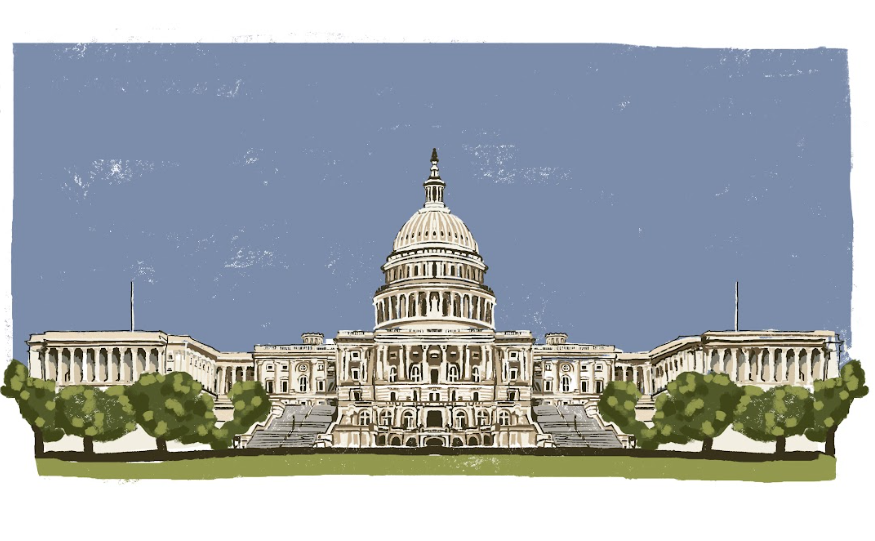Among issues, like war, famine and inequality, many would agree that climate change leads the charge of worrisome headlines. Generally, online discussions single out corporations as key contributors behind climate change. This made it even more surprising when Lego, the world’s largest toy manufacturer by sales, announced it would be replacing the oils used in its plastics for more sustainable materials by 2026 and absorbing costs arising from the change.
“With a family-owner committed to sustainability, it’s a privilege that we can pay extra for the raw materials without having to charge customers extra,” Lego CEO Niels Christiansen told Reuters.
This is not the first time Lego has absorbed the increasing raw material and operation costs. With 2022’s pandemic-induced inflation peak, LEGO issued a statement June 2022 anticipating higher prices citing, “global economic challenges of increased raw material and operating costs.” They also mentioned having “absorbed these costs to keep pricing stable.”
Lego’s decision to absorb raw material and operation costs reflects society’s commitment to activism today. In a time when consumers demand transparency and responsibility just as much as they do goods and services, Lego’s actions mark an agreement towards a sustainable future, and what’s more, others are following. According to Reuters, Hasbro has yet to set targets for plastic use but has begun incorporating plant-based or recycled materials into toys, and Mattel plans to use recycled, recyclable or bio-based plastics across all its products by 2030.
With consumerism and passive advertising on the rise, companies and consumers have become more conscious about what they want to represent. This comes with a sort of responsibility on both sides. For consumers, it is to put their dollars to where their beliefs lay. In the same way that older generations are a critical source for campaign donations, younger generations participate politically through the businesses they support. We can look to the McDonalds, Starbucks and KFC boycotts in relation to the Israeli-Palestinian Conflict to see this.
For companies, to appeal to an increasingly profitable younger demographic, they’ll have to do the same things their buyers do. In other words, they’ll have to create content, join forces with influencers, and, what juts out most noticeably from how they’ve operated in the past, stand for something.
For Lego, a company that has been known to support innovation and learning, taking action and absorbing the costs associated with going green will no doubt resonate with its customer base. Given how positive reception has been, absorbing costs might actually be an investment—reputation and sustainability wise.
It is interesting to think how other companies will approach what the 21st century has in store for us. Lego’s actions are commendable, but they are likely to be an exception in companies’ reactions to modern challenges. Despite this, we must continue demanding change and questioning practices. Like Lego bricks themselves, how can we refashion what is already built? What will it cost us? How willing are we to make the pieces line up? It is time we get an answer.











